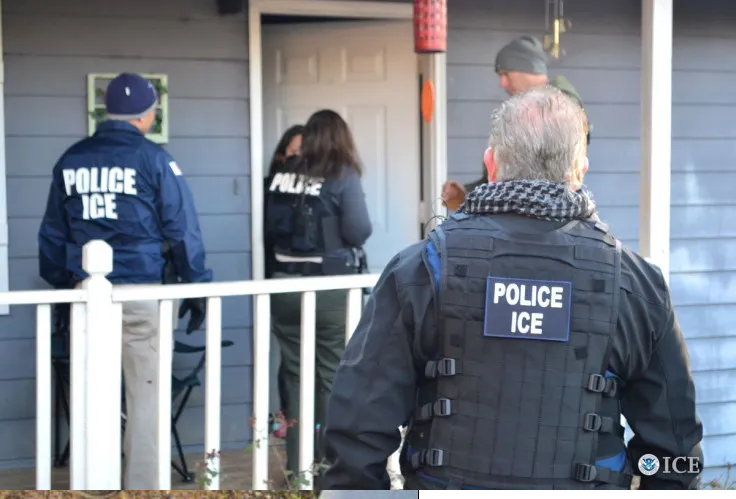Breaking: OhioMHAS Visits Marion Addiction Centers as Concerns Linger; Whistleblower Bravery Highlighted

Following the release of a detailed report outlining significant ethical and legal concerns within addiction recovery frameworks and highlighting specific allegations at First Step Recovery in Marion, Ohio, state officials have reportedly visited local facilities. According to information received by MarionWatch in the last several hours from treatment center administrators, owners, and industry insiders, representatives from the Ohio Department of Mental Health and Addiction Services (OhioMHAS) were present at First Step Recovery and potentially other Marion centers after the report surfaced.

State Officials On-Site, Details Unknown
While the specific nature and outcomes of the OhioMHAS visits remain undisclosed publicly, their presence underscores the seriousness of the issues raised. The initial report meticulously detailed the critical need for stringent ethical standards, particularly concerning alleged inappropriate staff-client relationships and substance use involving staff. OhioMHAS holds the authority to certify providers, investigate complaints, and ensure compliance with state regulations. The recent on-site activity by the state agency suggests these oversight mechanisms may have been activated, although official findings or actions have not been made public. Local oversight also rests with the Crawford-Marion ADAMH Board.
The Courage to Speak Out
This development throws into sharp relief the immense bravery required for individuals—clients, staff, or concerned citizens—to report potentially dangerous or unethical practices within treatment settings. As the original report noted, individuals seeking addiction treatment are inherently vulnerable. Reporting misconduct often involves overcoming significant fear of disbelief, reprisal, or jeopardizing one’s own recovery or employment. Breaches of trust, such as the boundary violations alleged, can inflict substantial harm and undermine the therapeutic process. Those who come forward despite these risks perform a vital service, demanding accountability and potentially shielding others from similar harm. Their courage warrants recognition and necessitates systems that ensure reports are investigated thoroughly and without retaliation.
A Persistent Nationwide Challenge
The concerns prompting state attention in Marion are reflective of broader, nationwide challenges in mental health and addiction services. The initial report discussed how issues like managing boundaries (especially in residential settings ), preventing staff misconduct, ensuring adequate training and supervision, and addressing potential systemic weaknesses are persistent problems across the country. National ethical codes consistently emphasize the prohibition of harmful dual relationships and the paramount importance of client safety. Ensuring consistent quality, ethical conduct, and effective oversight across a diverse landscape of providers remains a critical national imperative.
Moving Forward: Vigilance Required
The confirmed presence of OhioMHAS officials is a significant step, but the path forward requires sustained vigilance. Protecting vulnerable individuals relies on a multi-layered approach: ethical practitioners, diligent supervisors, responsible organizational leadership, robust policies, and effective state and local regulation. Transparency regarding investigation outcomes and a continued commitment to upholding the highest standards are crucial for rebuilding and maintaining trust within the community and ensuring that recovery centers truly serve as safe places for healing.






















Responses